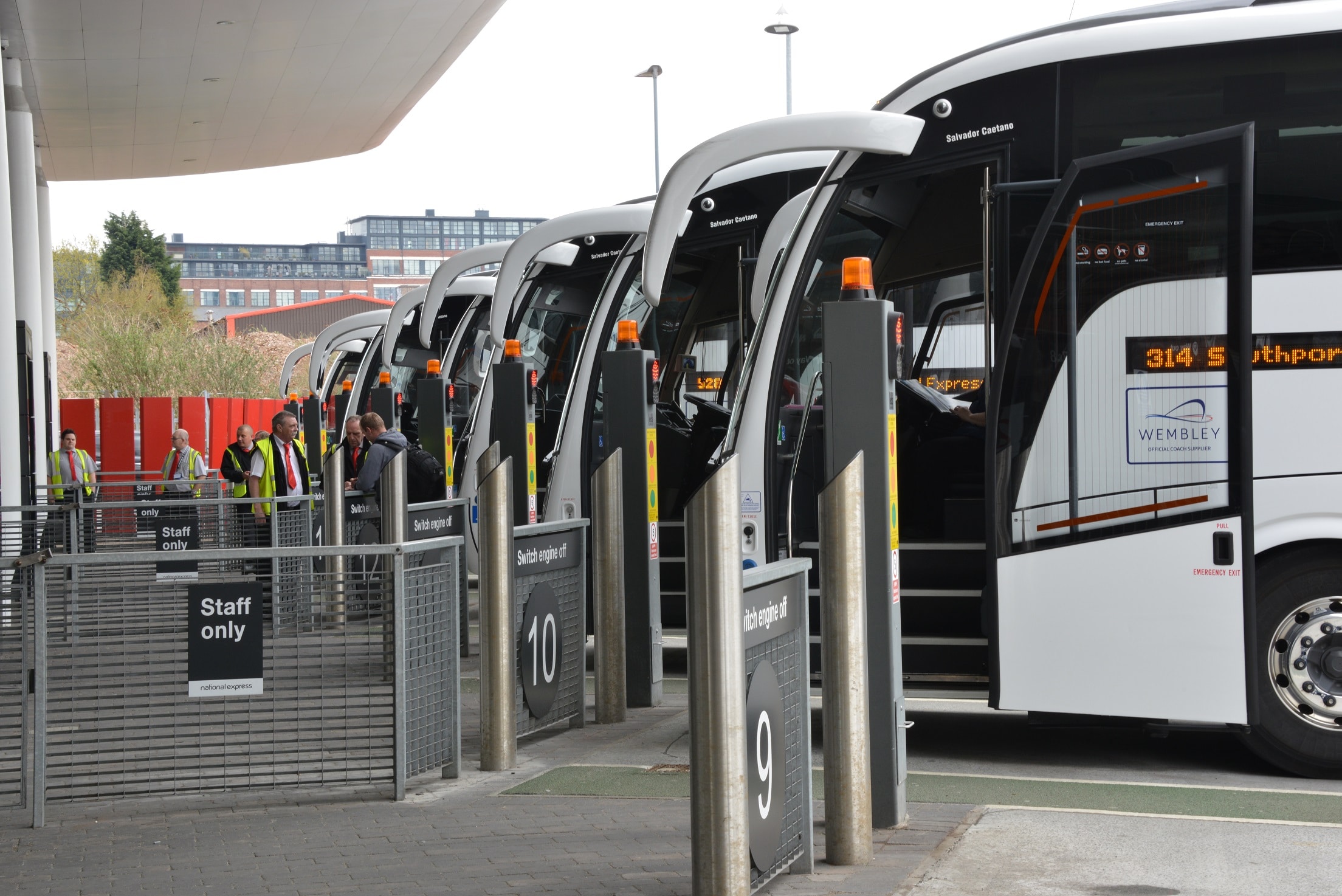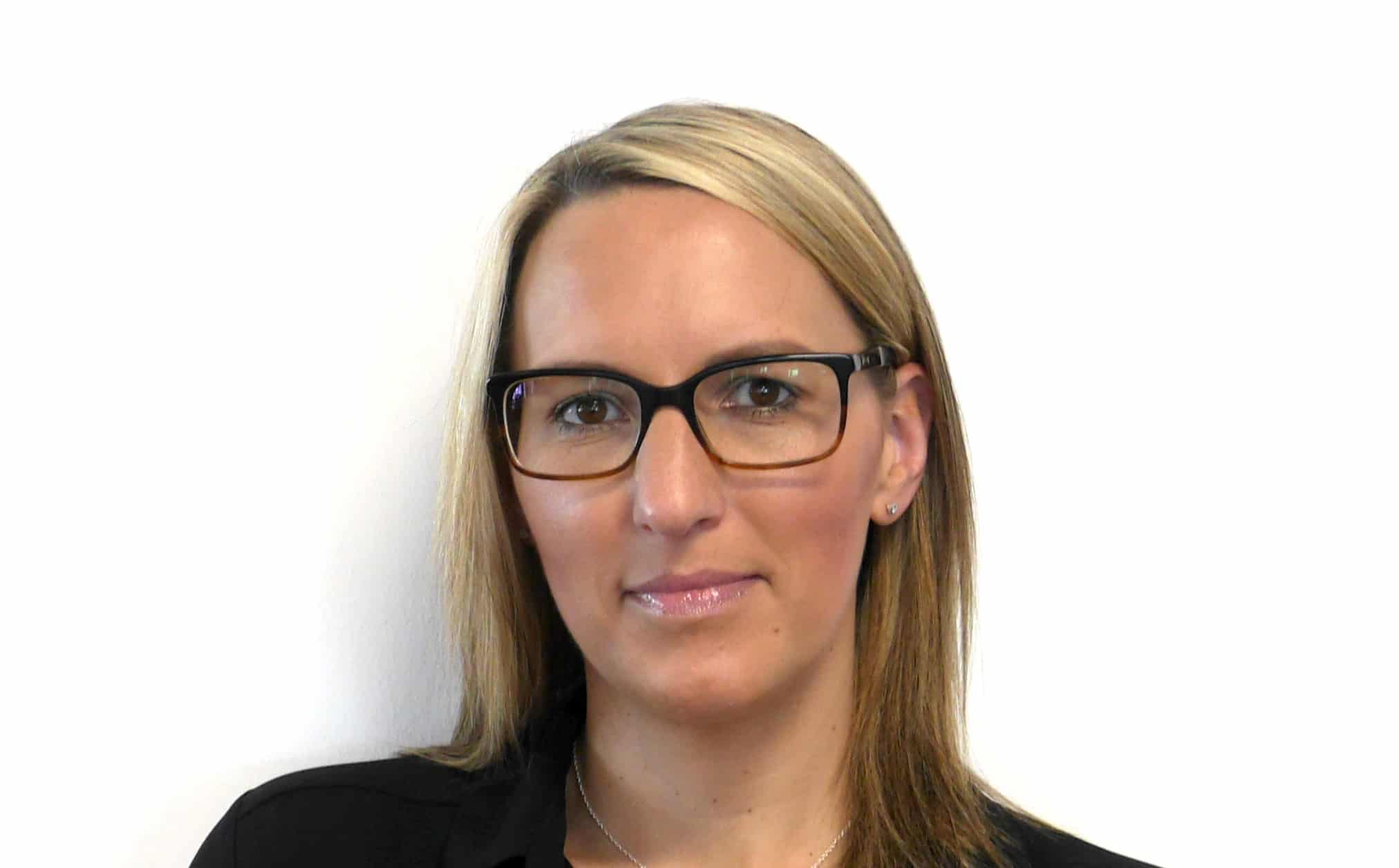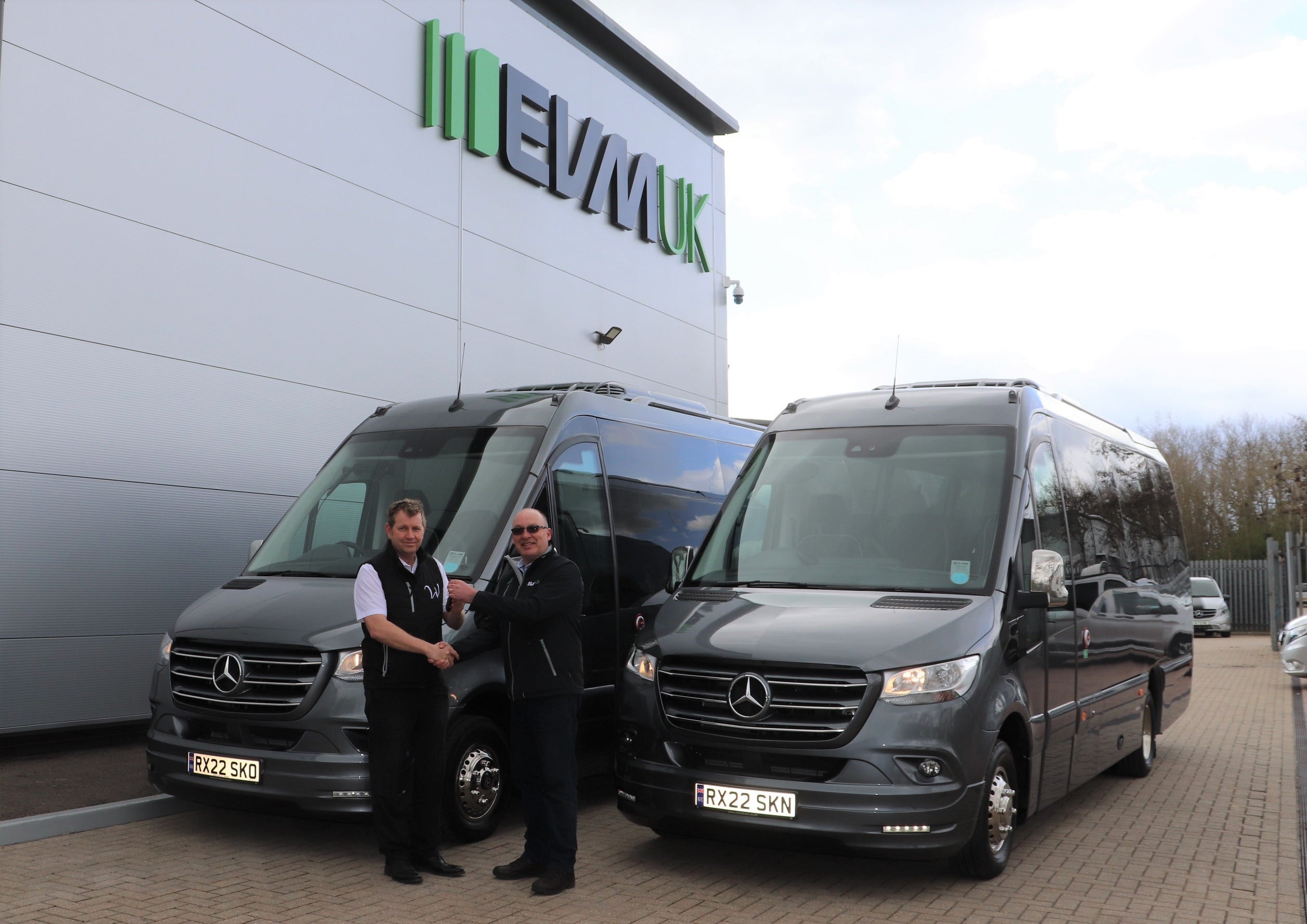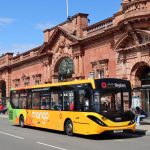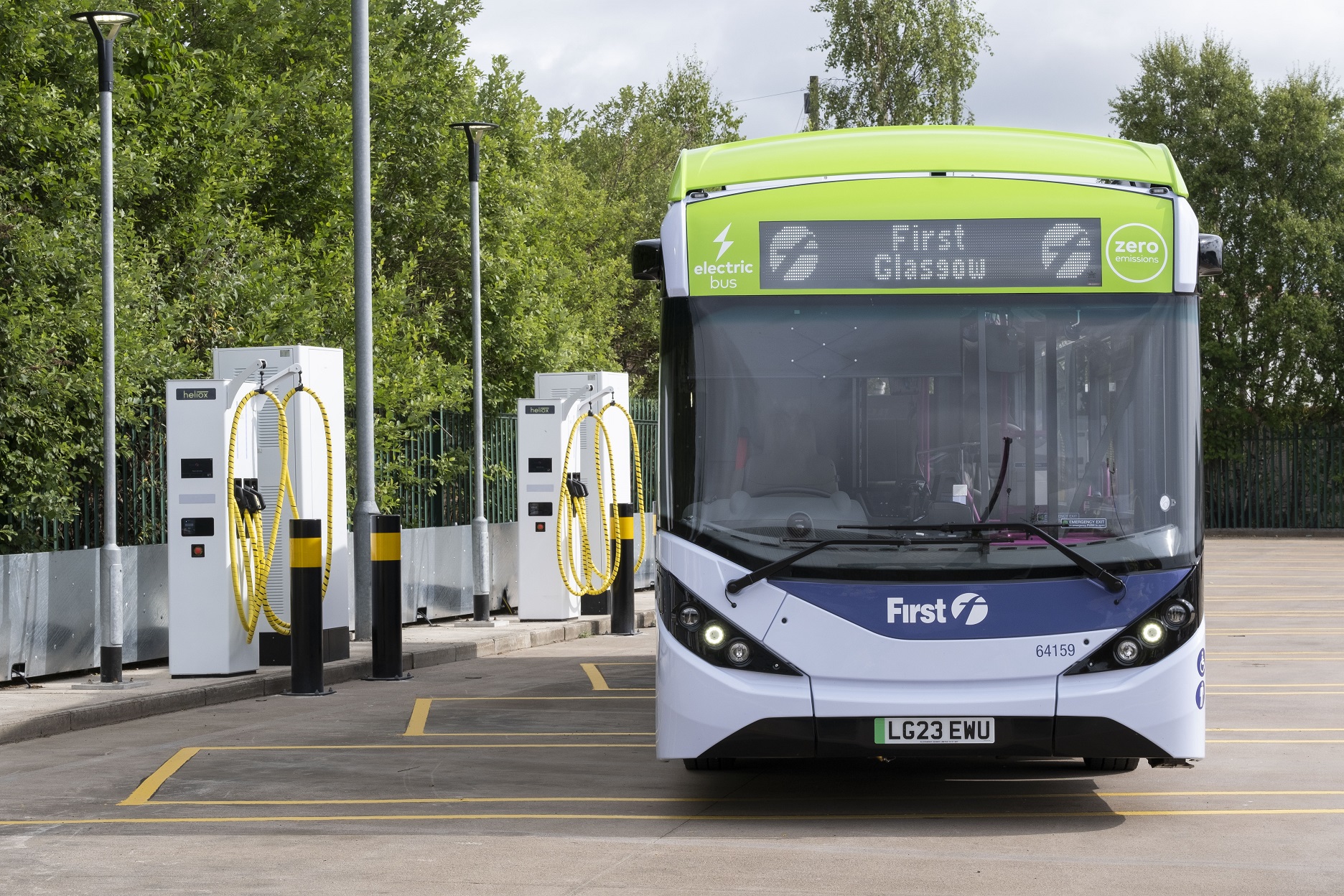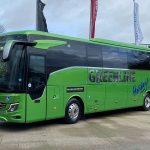National Express Group has revealed in its latest trading update (for the period 1 January-31 March) that Group revenue has returned to 2019 levels, with the seventh quarterly improvement and revenue up 30% year on year.
There has been “particularly strong recovery” in the UK and ALSA coach businesses, which the Group says demonstrates “strong pent-up demand for travel”.
UK revenue grew by 33% in Q1, and was joined by what the Group describes as “rapid recovery” in the coach business. Coach revenue in March stands at 70% of pre-pandemic levels and is rising. Airport routes have seen a strong recovery in demand, up 40% month on month in March, while inter-city revenue stands at approximately 80% of 2019 levels with several “key routes” back at 100%.
The Group says patronage on its coaches is now at its highest level as a percentage of 2019 passenger journeys with occupancy rising to 70%.
There was strong demand over the Easter period, with London airport routes coming close to pre-pandemic levels on Good Friday, and National Express says it expects further recovery as capacity is added to capture “growth opportunities” presented by pent-up travel demand.
Meanwhile, UK bus sees passenger demand at 80% of pre-pandemic levels.
“We have made a good start to the year and it’s pleasing that revenues have bounced back to 2019 levels, improving through the first quarter,” says Ignacio Garat, National Express Group Chief Executive. “The strong recovery in our discretionary coach businesses in both the UK and Spain shows the pent-up demand for travel which is further evidenced by our strong trading over Easter.
“The cost of living crisis is starting to bite for many people, and our bus services offer an attractive low cost alternative form of travel to help offset higher prices elsewhere. Modal shift out of cars is the single most important thing we can do to tackle climate change – and National Express has a major role to play here, providing safe, reliable and affordable services that not only help our planet but also our passengers in their daily lives. Governments around the world are aware of this and are adjusting policy towards greater use of public transport to meet their decarbonisation and clean air targets.”
The business continues to push forward on its zero-emission fleet targets and plans for modal shift, securing funding for 124 hydrogen fuel cell-electric buses with Transport for West Midlands, and securing £200m in grant funding for the West Midlands on schemes such as doubling bus priority lanes and low fares.
The business also continues to argue its case for a proposed merger with Stagecoach. “With at least £45 million of run-rate synergies, [the merger] represents a superior value creation opportunity to the DWS offer. However, we will remain disciplined in the assessment of our options going forward,” adds Mr Garat. “Looking ahead, having made an encouraging start to 2022, we anticipate further strong recovery in demand over the balance of the year, and are confident of delivering further improvements in performance during the year.”













